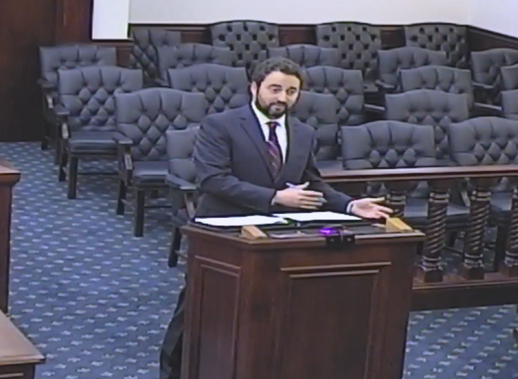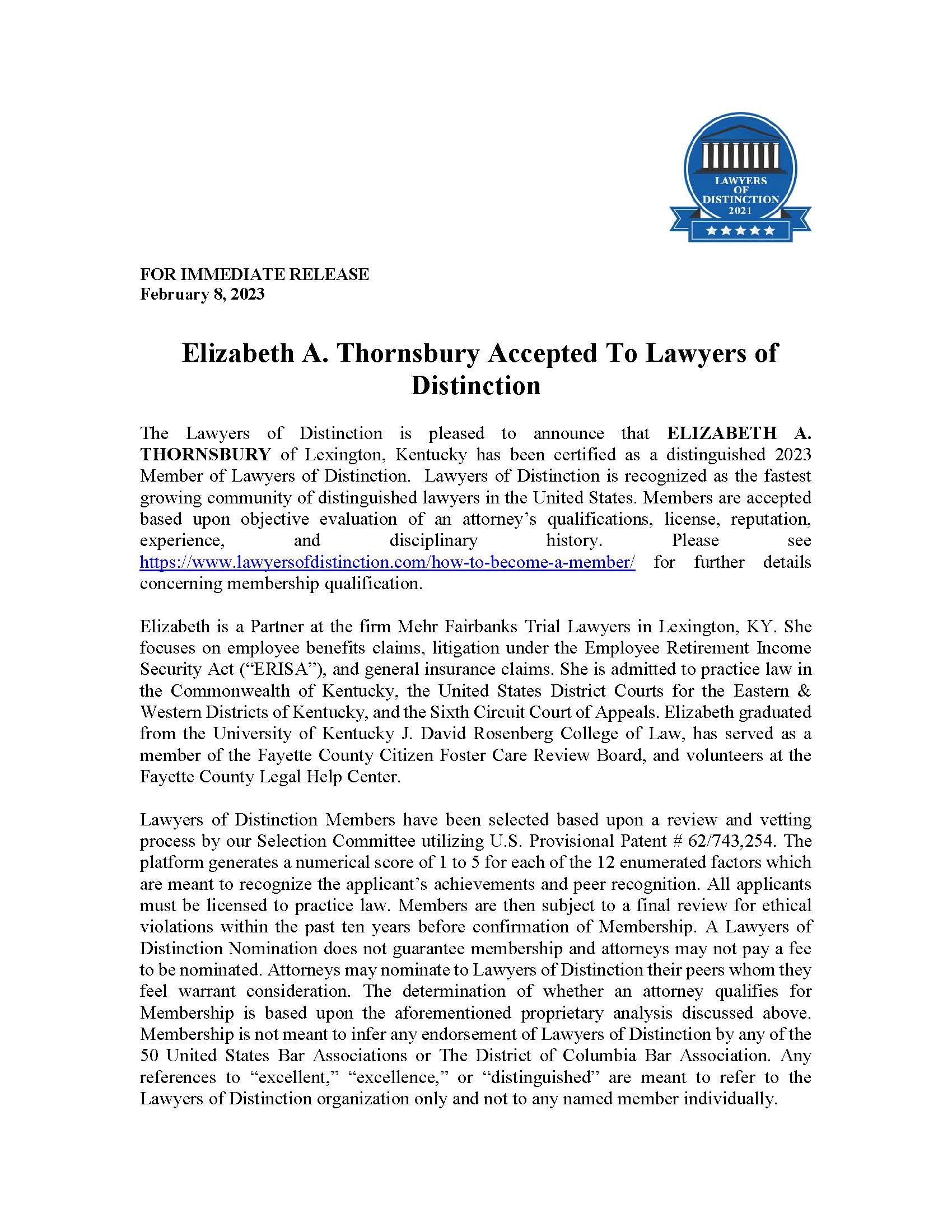Towards the end of last year, the Department of Labor (“DOL”) released its final rule titled, “Prudence and Loyalty in Selecting Plan Investments and Exercising Shareholder Rights.” 87. Fed. Reg. 73822 (Dec. 1, 2022) (the “Socially Conscious Investing Rule”). This new rule is now in effect and the DOL stated one of the purposes of its new rule was to focus on “the chilling effect and other potential negative consequences caused by the previous rule, ‘Financial Factors in Selecting Plan Investments,’ 85 Fed. Reg. 72846 (Nov. 13, 2020), with respect to the consideration of climate change and other environmental, social, and governance (“ESG”) factors.” The Socially Conscious Investing Rule provides guidance related to the fiduciary duties of both prudence and loyalty, as applicable to the selection of plan investments. This new rule specifies that a “fiduciary’s determination with respect to an investment or investment course of action must be based on factors that the fiduciary reasonably determines are relevant to a risk and return analysis.” 29 CFR § 2550.404a-1(b)(4).
However, not everyone agrees with the Socially Conscious Investing Rule or its future impact on retirement plans managed by employers. For instance, twenty-five Republican state attorneys general formed an alliance and filed a lawsuit against the DOL. Kentucky is one of the states that joined in this lawsuit. In their complaint, the Republican attorneys general alleged that the new Socially Conscious Investing Rule violated the Employee Retirement Income Security Act (“ERISA”). In their complaint, the attorneys general are requesting that the U.S. District Court for the Norther District of Texas makes a declaration that the Socially Conscious Investing Rule is in direct violation of ERISA. “The 2022 rule undermines key protections for retirement savings of 152 million workers — approximately two-thirds of the U.S. adult population and totaling $12 trillion in assets — in the name of promoting environmental, social, and governance factors in investing, including the Biden administration’s stated desire to address climate change,” the complaint stated.
Their 46-page complaint states that in 2014, in Fifth Third Bancorp v. Dudenhoeffer, the Supreme Court unanimously concluded that ERISA requires fiduciaries to consider financial benefits and not any nonpecuniary benefits. Further, their complaint asserts that the exclusive purpose that ERISA fiduciaries must pursue are financial benefits. Also, the legislative history of ERISA supports the idea that the financial benefits alone should be the sole and exclusive purpose of the statute itself. ERISA’s fiduciary duties are the highest duties recognized by the law and therefore require that fiduciaries act with undivided loyalty towards the beneficiaries.


 Kentucky ERISA Disability & Life Insurance Claim Lawyers
Kentucky ERISA Disability & Life Insurance Claim Lawyers























